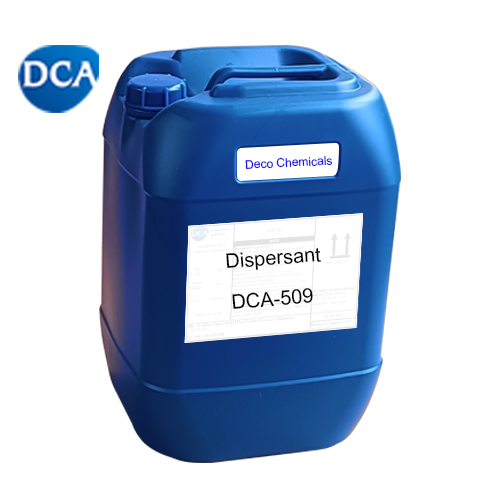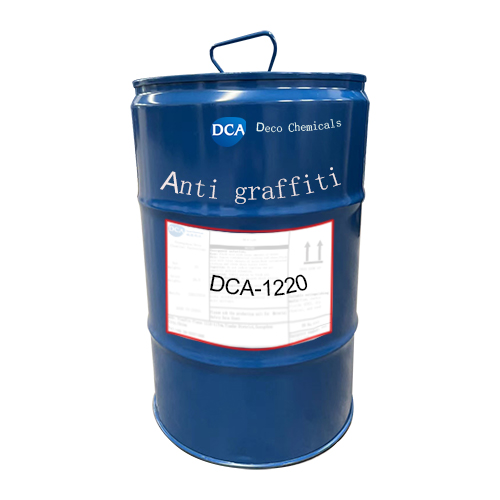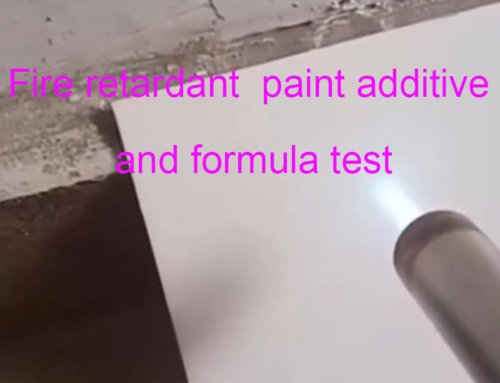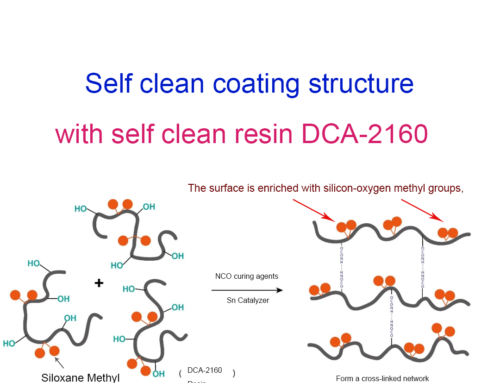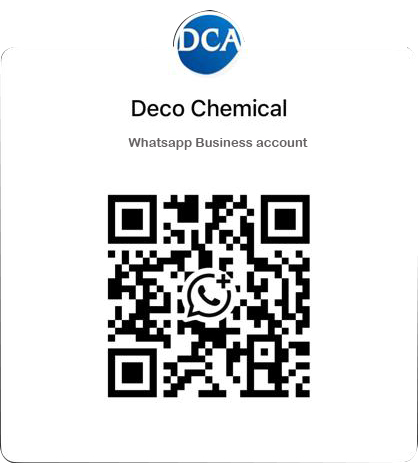Anti-graffiti coating is a special type of coating or treatment used to protect buildings, public facilities, and surface materials from graffiti vandalism. Graffiti refers to unauthorized painting, tagging, or marking on public spaces or private property, which is often considered illegal and destructive.
The main objective of anti-graffiti coatings is to prevent graffiti materials such as paint, ink, or markers from adhering firmly to surfaces like buildings, walls, public transportation, etc. These coatings are typically applied on surfaces at risk of graffiti, creating a protective layer that makes it easy to remove graffiti artwork.
The working principles of anti-graffiti coatings may include:
Anti-graffiti coatings serve as useful tools in urban maintenance and management, reducing the damage caused by graffiti and enhancing the overall aesthetics and quality of urban environments. However, it is important to note that anti-graffiti coatings are not entirely foolproof. Some persistent graffiti artists may use more aggressive graffiti materials or attempt to attack the coating itself. Therefore, it is essential to combine other measures like surveillance, community education, and prompt graffiti removal to comprehensively address graffiti issues.
Aluminum alloy is characterized by its lightweight, excellent mechanical properties, good processability, non-toxicity, recyclability, and outstanding corrosion resistance. It finds widespread applications in various industries, including shipbuilding, rail transportation, freight carriages, and kitchen and bathroom hardware.
To meet different corrosion resistance requirements in various application environments, aluminum alloy materials have specific demands for weather resistance, water resistance, and impact resistance. Additionally, for population-dense areas with high mobility, there are performance requirements such as anti-graffiti properties. In response to customer development and testing needs, DCA Additive Application Center has made preliminary attempts, providing a reference for mutual exchange.
2.The test result
After preparing the sample coatings, a certain proportion of curing agent is mixed and sprayed onto the polished surface of the rigid aluminum alloy. After 5 minutes of air drying, the samples are baked at 220-240 degrees Celsius for 15-20 minutes to obtain prototypes.
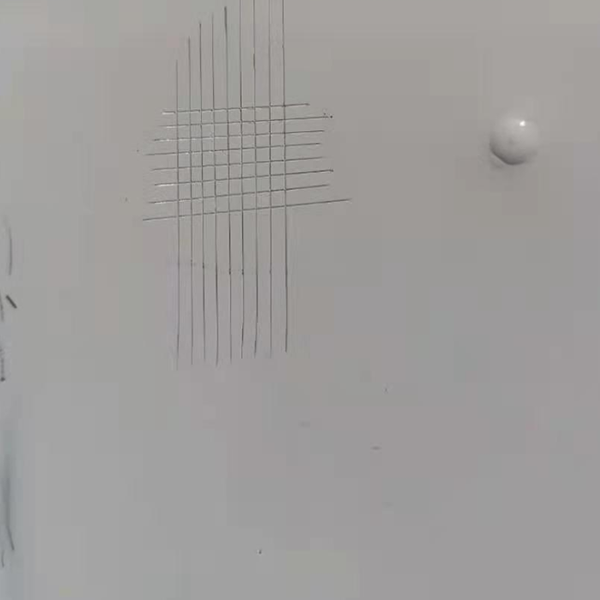
Coating adhesion and impact test
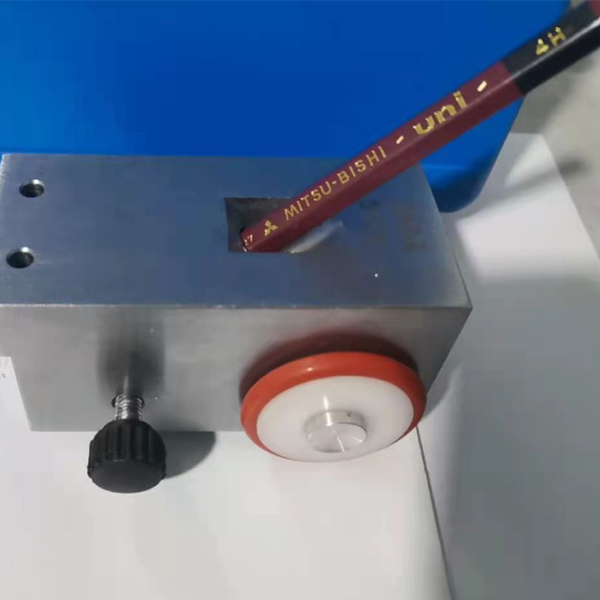
Hardness test 4H


Easy to clean mark pen’s dirty


Tape release easy
Through the selection of suitable organic silicone resin and curing agents, a protective coating for aluminum alloy was prepared. The coating exhibited excellent adhesion, 4H hardness, high gloss, good toughness, and could withstand 100 wipes with n-butyl ketone. It also demonstrated effective anti-graffiti properties, making it suitable for decorative applications in public places with high foot traffic and specific requirements for stain resistance.
3.The additves what we used in the formula as following
Deco Chemical is a professional paint additives manufacturer, ranking among the top three in the paint additives industry in China. We are currently seeking importers or distributors in your country and are also open to customizing specialty paint additives for specific applications. Let’s collaborate to develop the market together.
